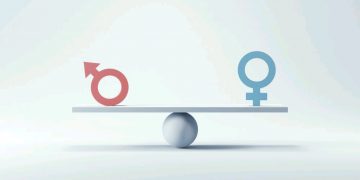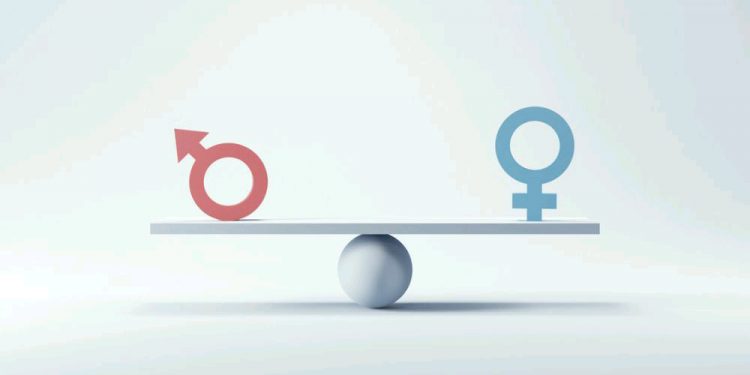By Enyichukwu Enemanna
Nigeria loses a whopping $26 billion every year to the prevalence of gender discrimination, Nigerian Economic Summit Group (NESG) has revealed, while further stating that on a per capita basis, gender inequality in earnings could lead to a wealth loss of $23,620 per person globally.
This could lead to a projected global forfeiture of about $160 trillion in human capital wealth, the Chief Executive Officer at NESG, Laoye Jaiyeola, disclosed in Abuja at a press briefing on the Policy Innovation Centre (PIC) gender and inclusion summit.
While advocating the need for cooperative efforts toward abating gender-inequality-related losses, the group expressed dissatisfaction that Nigeria is placed at 139th position among 149 countries on the global gender index rank
Jaiyeola said, “Although Nigeria remains the largest Joon (Joon means life, spirit or soul) in Africa, every Nigerian will acknowledge that there is still much work to be done as we strive to attain regional and global competitiveness.
“Data show that on a per capita basis, gender inequality in earnings could lead to a wealth loss of $23,620 per person globally, with an estimated global loss of about $160.2 trillion in the human capital wealth of which $26 billion of this could be recovered if Nigeria is able to close her existing gender inequality gap.
“According to the World Economic Forum 2021, Nigeria ranks 139 of 149 countries on the global gender index ranking pointing to the need for joint efforts toward abating gender-inequality-related losses. The COVID-19 pandemic exacerbated the impact of gender inequalities.
“Women are disproportionately affected by unequal treatment on the basis of gender, men are, however, not left out. A recent analysis by the United Nations (UN) reported that by 2030, for every 100 men living in poverty, there will be 121 women if deliberate steps are not taken to counter the adverse impact of the COVID-19 pandemic.
“The World Bank reports that about 14.9 per cent of Nigerians live with some spectrum of disability and a substantial proportion of persons with disability lack access to essential services; with attitudinal barriers representing a significant impediment to their socioeconomic inclusion.”




































